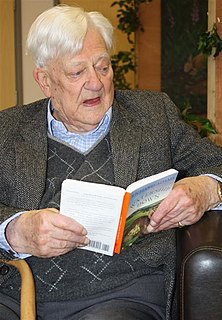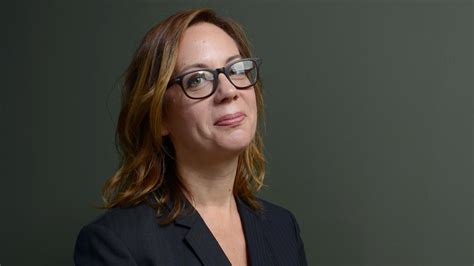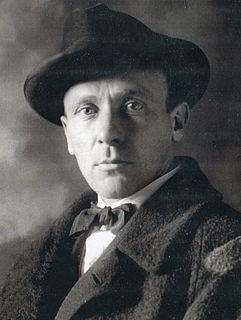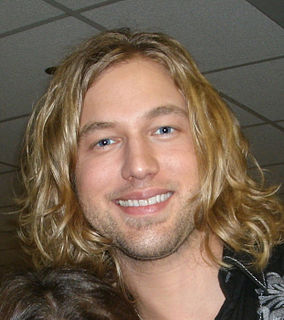A Quote by Elbert Hubbard
Put yourself in the other man's place and then you will know why he thinks certain things and does certain deeds.
Related Quotes
Changing your life does not always mean that you stop doing certain things. It may mean that you start doing certain other things. What you really want to do is nurture the attitude that you are open to learning more about yourself. Accepting more about yourself. This is what will inspire you to do something new.
In the final exam in the Chaucer course we were asked why he used certain verbal devices, certain adjectives, why he had certain characters behave in certain ways. And I wrote, 'I don't think Chaucer had any idea why he did any of these things. That isn't the way people write.' I believe this as strongly now as I did then. Most of what is best in writing isn't done deliberately.
My choice of colors does not rest on any scientific theory; it is based on observation, on feeling, on the experience of my sensibility. Inspired by certain pages of Delacroix, an artist like Signac is preoccupied with complementary colors, and the theoretical knowledge of them will lead him to use a certain tone in a certain place. But I simply try to put down colors which render my sensation.
I think that is one of the things that is beautiful about fiction and that you can do through drama. If I was a detective, I could make a certain version of everything we know to be exactly true. And that would have a certain kind of truth value. And there are certain other things that we know that are emotionally true.
[M]an is condemned to be free. Condemned, because he did not create himself, in other respect is free; because, once thrown into the world, he is responsible for everything he does. The Existentialist does not believe in the power of passion. He will never agree that a sweeping passion is a ravaging torrent which fatally leads a man to certain acts and is therefore an excuse. He thinks that man is responsible for his passion.
How is it possible for one’s heart to be certain that one is going to meet Allah, that Allah sees and hears all that he does, and knows his secret open affairs, and that he will be made to stand before Allah, answerable for all his deeds - how can one be certain and aware of all of this, and yet persist upon things which displease Allah; persist upon abandoning Allah’s orders, neglecting His rights, and yet claim that he has good expectation of Allah?





































